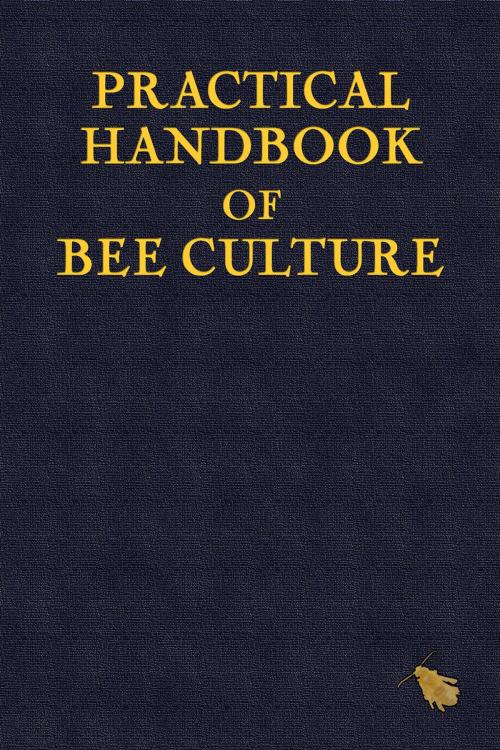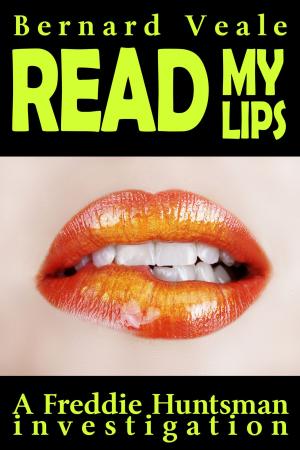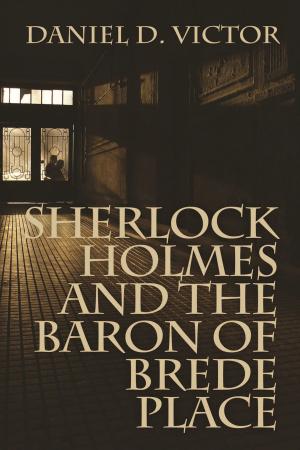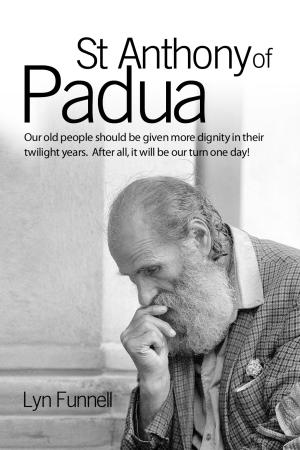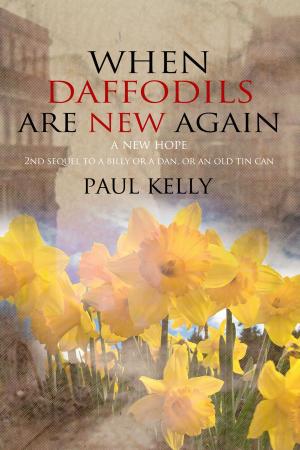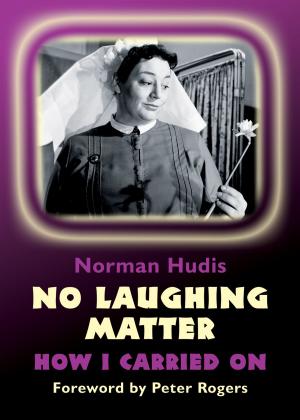Practical Handbook of Bee Culture
Nonfiction, Science & Nature, Technology, Agriculture & Animal Husbandry, Mystery & Suspense, Traditional British| Author: | Sherlock Holmes | ISBN: | 9781787051256 |
| Publisher: | Andrews UK | Publication: | July 21, 2017 |
| Imprint: | MX Publishing | Language: | English |
| Author: | Sherlock Holmes |
| ISBN: | 9781787051256 |
| Publisher: | Andrews UK |
| Publication: | July 21, 2017 |
| Imprint: | MX Publishing |
| Language: | English |
In the summer of 2016 retired broadcaster Paul Ashton made an astounding discovery at a car boot sale in Sussex. He found a copy of Sherlock Holmes’s Practical Handbook of Bee Culture, and bought it for £2. No other copy of this legendary volume the only book Holmes wrote has ever come to light.The Handbook is the journal kept by Holmes from 1904 to 1912. 1904 was the year he retired from active investigation and moved to a farmhouse in East Dean. In 1912 he came out of retirement and left East Dean in order to outwit the German spy network in Britain on the eve of World War I.The journal is, of course, principally the record of his bee-keeping activities, but Holmes has also included a wealth of astonishing information some of it highly indiscreet about the following: his marriage to Mrs Hudson their social life in Sussex his meetings with Lenin, Pablo Picasso, Edward VII, Rudyard Kipling, George Bernard Shaw and Sigmund Freud, among other distinguished figures two investigations that he carried out, even though officially retired two attempts that were made on his life his involvement in the Jack the Ripper murders, the Dr Crippen affair, the theft of the Mona Lisa, and the Siege of Sidney Street his correspondence with some of the famous scientists of the day his active support of the Suffragette movement the regular updating of his casebooks of famous criminals of the nineteenth century a number of photographs, some taken by him and four actually showing him the steady deterioration of his health over the period.Both the owner of the Handbook and the publisher are honoured to be able to make this unique treasure available to the general public.
In the summer of 2016 retired broadcaster Paul Ashton made an astounding discovery at a car boot sale in Sussex. He found a copy of Sherlock Holmes’s Practical Handbook of Bee Culture, and bought it for £2. No other copy of this legendary volume the only book Holmes wrote has ever come to light.The Handbook is the journal kept by Holmes from 1904 to 1912. 1904 was the year he retired from active investigation and moved to a farmhouse in East Dean. In 1912 he came out of retirement and left East Dean in order to outwit the German spy network in Britain on the eve of World War I.The journal is, of course, principally the record of his bee-keeping activities, but Holmes has also included a wealth of astonishing information some of it highly indiscreet about the following: his marriage to Mrs Hudson their social life in Sussex his meetings with Lenin, Pablo Picasso, Edward VII, Rudyard Kipling, George Bernard Shaw and Sigmund Freud, among other distinguished figures two investigations that he carried out, even though officially retired two attempts that were made on his life his involvement in the Jack the Ripper murders, the Dr Crippen affair, the theft of the Mona Lisa, and the Siege of Sidney Street his correspondence with some of the famous scientists of the day his active support of the Suffragette movement the regular updating of his casebooks of famous criminals of the nineteenth century a number of photographs, some taken by him and four actually showing him the steady deterioration of his health over the period.Both the owner of the Handbook and the publisher are honoured to be able to make this unique treasure available to the general public.
